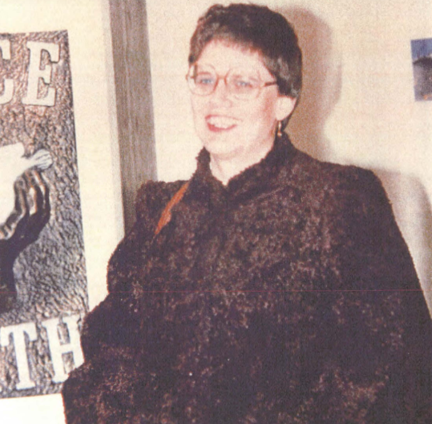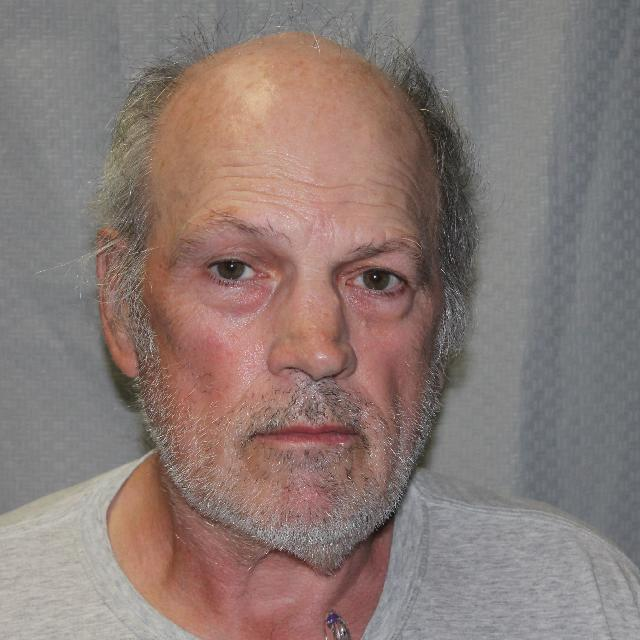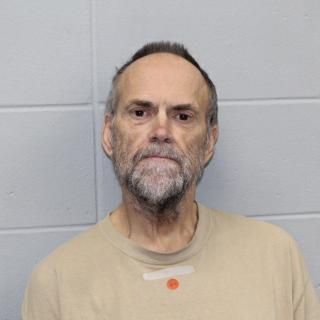- About Ramapo
- Academics
- Admissions & Aid
- Student Life
- Athletics
- Alumni
- Arts & Community
- Quick Links
- Apply
- Visit
- Give
New Jersey College Students Help Overturn Wrongful Conviction Murder Cases of Two Brothers in Wisconsin
(PDF) (DOC) (JPG)September 27, 2024

L to R: David and Robert Bintz
The brothers are the only third and fourth known individuals in U.S. history to be exonerated due to investigative genetic genealogy
MAHWAH, N.J. – Two brothers who have served almost 25 years in prison for murder will be set free, thanks to the work of seven students in the Investigative Genetic Genealogy Center at Ramapo College of New Jersey done in just two days.
On August 4, 1987, the body of Sandra Lison was discovered around 30 miles away from a Green Bay, WI bar she had worked in the night before. For more than 10 years, the search for a man she was last seen with was unsuccessful.
In 1998, while David Bintz was incarcerated for another crime, his cellmate, Gary Swendby, told correctional officers he heard Bintz confess to Lison’s murder in his sleep. During his interrogation, Bintz confessed and also implicated his brother, Robert.
In 2000, despite having no forensic evidence connecting the Bintz brothers to the murder, they were tried, found guilty of first-degree murder, and sentenced to life in prison.In 2019, the Great North Innocence Project (GNIP), an organization that works on wrongful convictions and to prevent future wrongful convictions, took this case on. They worked with an IGG lab, but a lead could not be generated.
In 2023, GNIP contacted the Ramapo College Investigative Genetic Genealogy Center (IGG) to provide a new look at the evidence. Within two days, a team of six students led by IGG Center staff produced a lead.
In May 2024 and based on the lead, the body of William Hendricks was exhumed for a direct DNA sample to be obtained and genetically analyzed by Bode Technology to see if there was a match. And there was.
In August 2024, the State of Wisconsin reopened the cases.
On September 24, 2024, the State confirmed Hendricks committed the crime and agreed to exonerate the Bintz brothers.
Then on September 25, 2024, the Wisconsin judge granted relief and ordered the release of the brothers.
Prior to the Bintz brothers, only two other individuals were successfully exonerated as a direct result of investigative genetic genealogy.
In recent years, investigative genetic genealogy has emerged as a powerful tool for identifying unknown criminal suspects and solving numerous cold cases, some dating back over 50 years. Notably, it played a pivotal role in apprehending the Golden State Killer, Joseph DeAngelo, who confessed to 13 murders and 13 rape-related offenses across California from 1975 to 1986. IGG technology was also instrumental in identifying one of the victims of convicted serial killer Gary Ridgway, known as the Green River Killer, who pleaded guilty to 49 murders and claimed many more in Washington.
“Jim Mayer and the team at the Great North Innocence Project were early adopters of IGG technology for the purpose of overturning a wrongful conviction,” said Binder. “We hope to see momentum in the future with more post-conviction assistance organizations utilizing the investigative power of IGG.”
But it is cases like that of the Bintz brothers which served as the primary reason that David Gurney, JD, PhD, assistant professor of law & society and IGG Center director, founded the IGG Center at Ramapo College.
“One of my motivations for starting the IGG Center was to bring the power of IGG to more wrongful conviction cases. I know that there are many more cases out there that could benefit from IGG, and we have done extensive outreach to wrongful conviction organizations to make them aware of IGG’s power to help resolve otherwise intractable cases,” said Gurney. “My hope is that the incredible story of justice provided for the Bintz brothers as the result of one IGG lead will spur the innocence community to pursue IGG in more cases. The IGG Center’s doors are always open.”
The Ramapo College IGG Center currently has other potential wrongful conviction cases as part of its 53 active caseload, and has provided leads in 16 cases. The majority of the cases are from New Jersey, but the center also offers pro bono work on cases across the United States including Arizona, California, Florida, Maine, Minnesota, Missouri, Montana, Ohio, Nevada, New Mexico, Ohio, and Wisconsin.
For more information about the Ramapo College IGG Center, visit ramapo.edu/igg.
###
About Ramapo College
Ramapo College of New Jersey is the state’s premier public liberal arts college and is committed to academic excellence through interdisciplinary and experiential learning, and international and intercultural understanding. The comprehensive college is situated among the beautiful Ramapo Mountains, is within commuting distance to New York City, was named one of the 50 Most Beautiful College Campuses in America by CondeNast Traveler, and boasts the best on-campus housing in New Jersey per Niche.com. Established in 1969, Ramapo College offers bachelor’s degrees in the arts, business, data science, humanities, social sciences and the sciences, as well as in professional studies, which include business, education, nursing and social work. In addition, the College offers courses leading to teacher certification at the elementary and secondary levels, and offers graduate programs leading to master’s degrees in Accounting, Applied Mathematics, Business Administration, Contemporary Instructional Design, Computer Science, Creative Music Technology, Data Science, Educational Leadership, Nursing, Social Work and Special Education, as well as a Doctor of Nursing Practice.
Press Release Archives
| 2025 | 2024 | 2023 | 2022 | 2021 | 2020 | 2019 | 2018 | 2017 | 2016 | 2015 | 2014 | 2013 | 2012 | 2011 | 2010 | 2009 | 2008 | 2007 | 2006 | 2005 | 2004 | 2003 | 2002 | 2001 | 2000 | 1999 |Copyright ©2025 Ramapo College Of New Jersey. Statements And Policies. Contact Webmaster.





Follow Ramapo